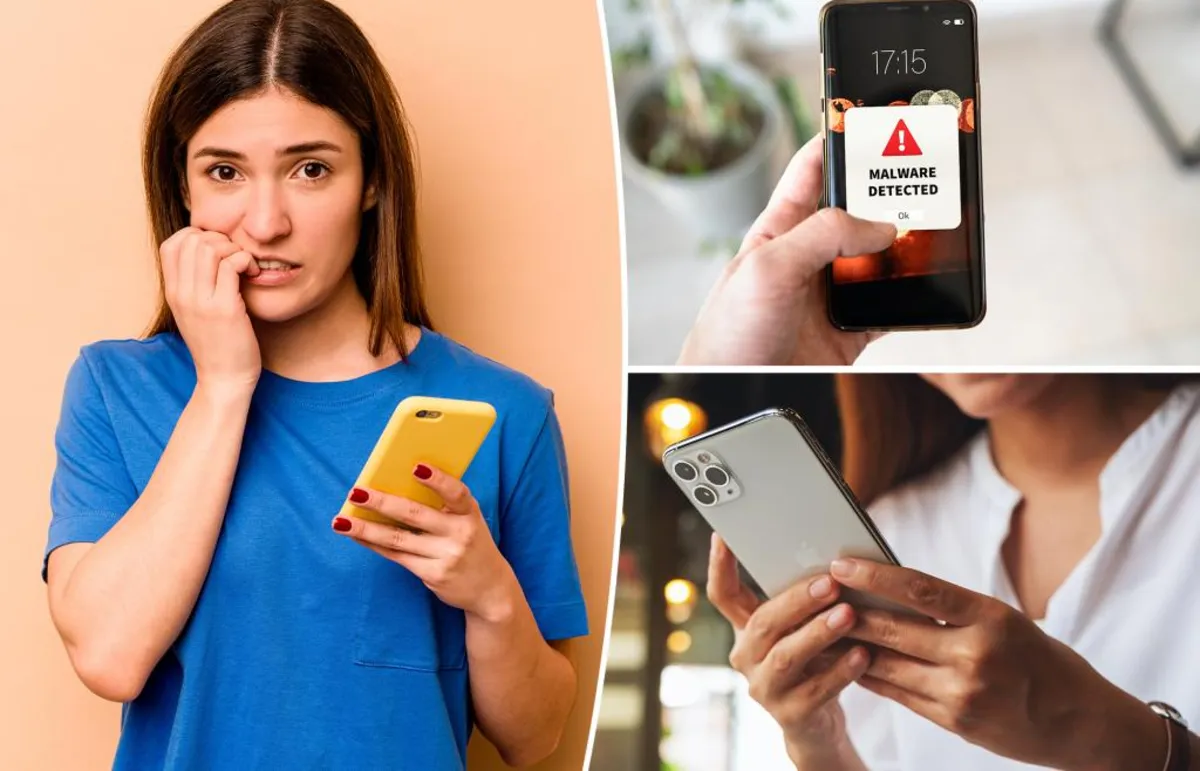
Apple users are being urged to update their devices as soon as possible following the discovery of a significant security flaw known as “AirBorne.” This vulnerability allows hackers to potentially infiltrate Apple gadgets, deploy malware, snoop on private data, and even eavesdrop on conversations when devices are connected to the same WiFi network. This is particularly concerning in public spaces such as airports, coffee shops, and office environments.
The AirBorne vulnerability poses a serious threat to connected devices, especially those utilizing AirPlay technology. To safeguard against potential attacks, users are strongly advised to update all their devices to the latest software version. This is crucial for devices connected to AirPlay, as they can serve as entry points for hackers. If AirPlay is not actively in use, it is recommended to disable this feature altogether to further enhance security.
Even devices that are not actively in use, such as Bluetooth speakers that may be collecting dust, can become gateways for hackers. Gal Elbaz, the chief technology officer and co-founder of the cybersecurity firm Oligo, highlighted the widespread nature of the problem. “Because AirPlay is supported in such a wide variety of devices, there are many that will take years to patch — or may never be patched,” Elbaz explained. “This is due to vulnerabilities in one piece of software that affects everything.”
In total, there are 23 identified flaws within Apple’s AirPlay protocol and software development kit (SDK), which facilitates the streaming of photos, music, and videos between devices. While Apple has released security updates to address these flaws, millions of third-party devices—ranging from smart TVs to set-top boxes and car systems—may still be vulnerable if their manufacturers have yet to implement necessary patches. This means that even if your iPhone is fully updated, a connected device such as a speaker or TV could serve as a backdoor for hackers.
Elbaz warns, “If a hacker can gain access to the same network as one of these vulnerable devices, they can take control and use it as a stepping stone to infiltrate everything else.” Cybersecurity expert Patrick Wardle, CEO of DoubleYou, a security firm focused on Apple products, added that these third-party devices are often neglected both by users and by their manufacturers. “When third-party manufacturers integrate Apple technologies like AirPlay via an SDK, Apple no longer has direct control over the hardware or the patching process,” Wardle explained. This lack of oversight means that if third-party vendors delay or avoid updates, users remain exposed, potentially undermining consumer trust in the entire Apple ecosystem.
Given the serious implications of the AirBorne vulnerability, it is crucial for Apple users to take immediate action. Ensure that all devices are updated to the latest software and consider disabling AirPlay when it is not in use. By being proactive, users can better protect themselves from potential cyber threats and maintain the integrity of their devices.